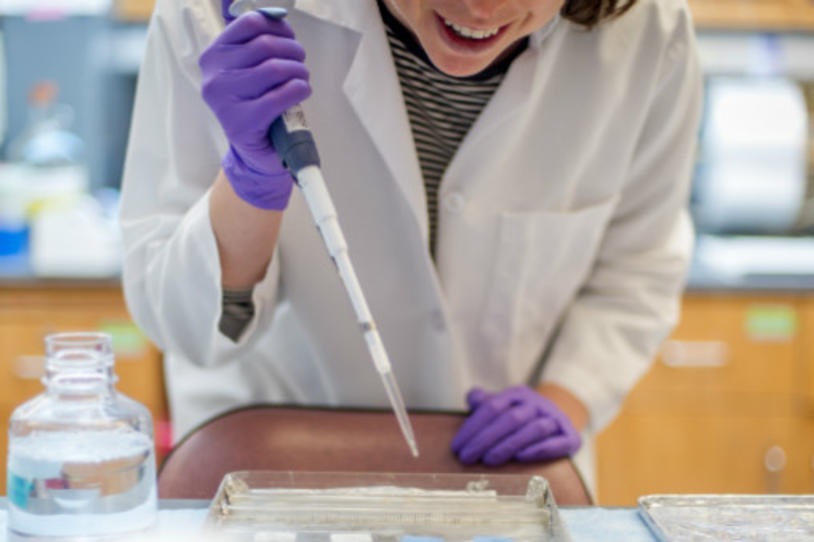
Learning about genetic risk factors for Parkinson's can help scientists learn what goes wrong in the disease -- even among those without those risk factors -- and how they might fix it. Thanks to this strategy, treatments are now in clinical trials for changes linked to the SNCA, LRRK2 and GBA genes. Close on their heels are strategies against two other genes: PRKN and PINK1.
Taking the Cellular Garbage Out
Mutations in the PRKN and PINK1 genes are rare -- seen in fewer than one percent of people with Parkinson's -- but are more common in young-onset disease (before age 50). Approximately five to 10 percent of young-onset cases are linked to these mutations, which can cause loss of parkin and PINK1 protein activity.
Each cell keeps itself healthy by getting rid of damaged or excess cell parts. This process involves many players and steps, much like taking out the trash at your house. Someone may remind you that it's trash day, so you collect the bags from around the house and then carry them to the curb.
In our cells, PINK1 essentially acts as the reminder and parkin starts the trash collection. The parkin protein tags damaged or excess cell parts such as proteins and mitochondria (the cell's energy powerhouses) for degradation, like when you put something in the garbage bin. PINK1 tells parkin to start tagging mitochondria.
While scientists don't know exactly how parkin and PINK1 problems lead to Parkinson's disease, they can make an educated guess about the basic problem. Research has shown mitochondrial dysfunction may play a role in the cell death that causes Parkinson's symptoms and progression. If parkin and PINK1 aren't functioning well, mitochondria may not either.
People without PRKN or PINK1 mutations may still have lower levels of these proteins due to other causes, such as cellular stress, which means therapies to correct their function may help a broader population than only mutation carriers.
Given their possible key role in disease and treatment, parkin and PINK1 are a research priority for The Michael J. Fox Foundation. Our portfolio includes varied projects to better understand, measure and treat Parkinson's with these targets. Highlights include:
Learning about Biology
- We're funding studies, including a new one at the University of Nebraska, to better understand how PRKN and PINK1 mutations lead to mitochondrial dysfunction and how that leads to Parkinson's disease.
- Scientists also are looking into other causes of parkin and PINK1 protein problems. Late last year, MJFF-supported researchers from the Scripps Research Institute published that a cellular process that can be caused by aging, pesticides and pollution (known Parkinson's risk factors) may inactivate PINK1 protein.
- And a Foundation-led consortium of scientists is working to solve the structure of these key proteins, which may help design better treatments against them.
Measuring Parkinson's Disease
- A grant to the Mayo Clinic is enabling work to find cellular changes associated with PRKN and PINK1 mutations. These could be biological markers of the disease, which could be used to help choose participants for studies and test treatments against these targets.
- Mitochondrial activity also may be a way to measure Parkinson's disease. Earlier this year we funded eight projects through a dedicated funding program around mitochondrial biomarkers.
Testing New Treatments
- Boosting parkin and PINK1 protein activity may help clear out mitochondria and keep cells healthy. We're supporting projects, including at biotechs Progenra and Mitokinin, to develop parkin and PINK1 activators, respectively.
- Grantees also are investigating the safety of modifying parkin and PINK1 activity. There could be unintended consequences to changing those levels, which we want to know before moving into human testing.
Watch a webinar on how genetic discoveries lead to potential Parkinson's therapies.
Help us learn more about disease by participating in research. View our Trial Participant Pack to learn more about the role you can play in speeding new treatments.
